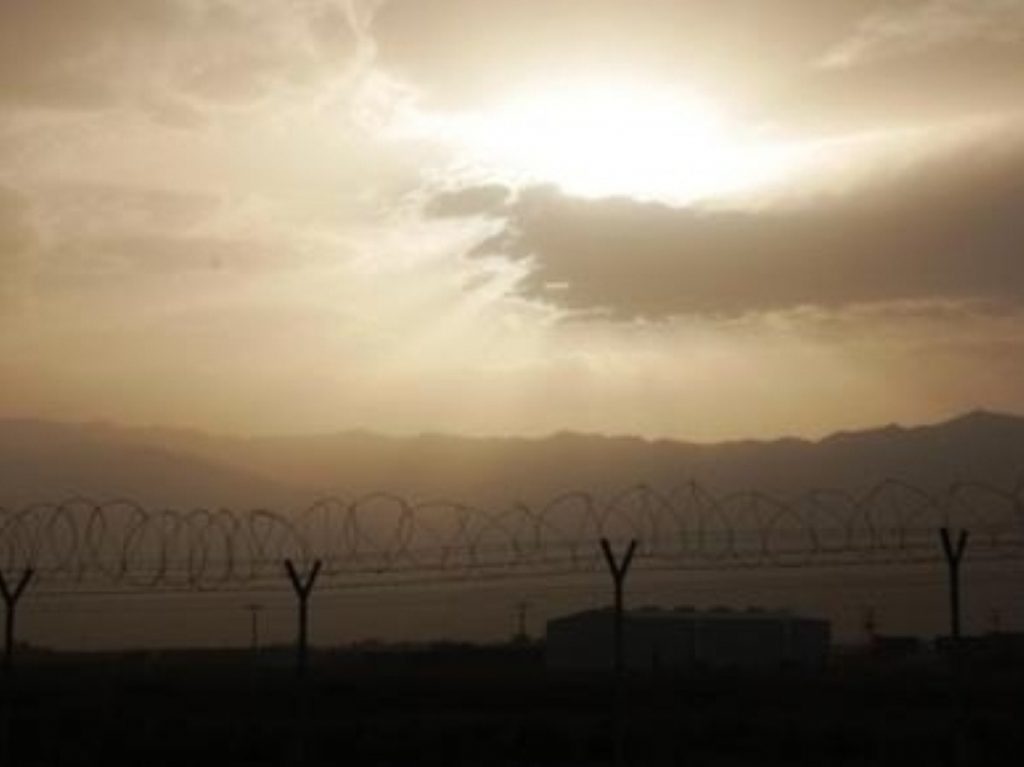Wikileaks: Scorn piled on British Afghanistan efforts
Senior US figures described the British operation in Helmand province as “a mess”, cables suggest.
Documents from as recently as 2009 display wide American and Afghan dissatisfaction with the UK military’s stewardship of the province, claiming British forces weren’t up to the job and were playing a “waiting game” for the US to take over.
Gulab Mangal, governor of Helmand province was particularly disdainful of the British effort in the town of Sangin – which became synonymous with heavy UK casualties in the summer of 2009.


In a communication to British officials in January 2009, he wrote: “Stop calling it the Sangin district and start calling it the Sangin base – all you have done here is built a military camp next to the city.”
The US embassy added: “The UK effort in Helmand is already in a ‘wait and see’ mode, wildly speculating when and where US troops will go, obsessed about Cerp [emergency funds] amounts, and doing nothing to correct the difficult situation already in Sangin.”
Scorn was also piled on British forces from president Hamid Karzai, who appeared to claim that Helmand had become less secure since the British took control in 2006.
According to the US dispatches, Mr Karzai related how he had visited Helmand before the surge in British troops with a handful of US special forces in safety, but after the deployment told how “the people are not safe”.
When meeting Senator John McCain in December 2008, the Afghan leader “related an anecdote in which a woman from Helmand asked him to ‘take the British away and give us back the Americans’ “.
An embassy report from late 2008 reinforced this, claiming “we and Karzai agree the British are not up to the task of securing Helmand”.
Dan McNeill, the commander of Nato forces in 2007-08, told of how he was “particularly dismayed by the British effort.” He stated that the UK “had made a mess of things in Helmand, their tactics were wrong”.
Mr McNeill was especially perturbed by the UK withdrawal from the town of Musa Qala after a ceasefire agreement. He added: “That agreement opened the door to narco-traffickers in that area, and now it was impossible to tell the difference between the traffickers and the insurgents.”
The revelatory cables also suggest a lack of political will to oppose US initiatives under Gordon Brown’s leadership. A further embassy report told Washington that the British government “is eager to avoid the inevitable loss of political capital that would result if the media and Conservative and Liberal Democrat opposition pounce on an apparent disconnect between US and UK views on the way forward in Afghanistan.”
Britain currently has ten thousand troops in Afghanistan, most concentrated in Helmand province. As of last month, 345 British soldiers had lost their lives in the country.









